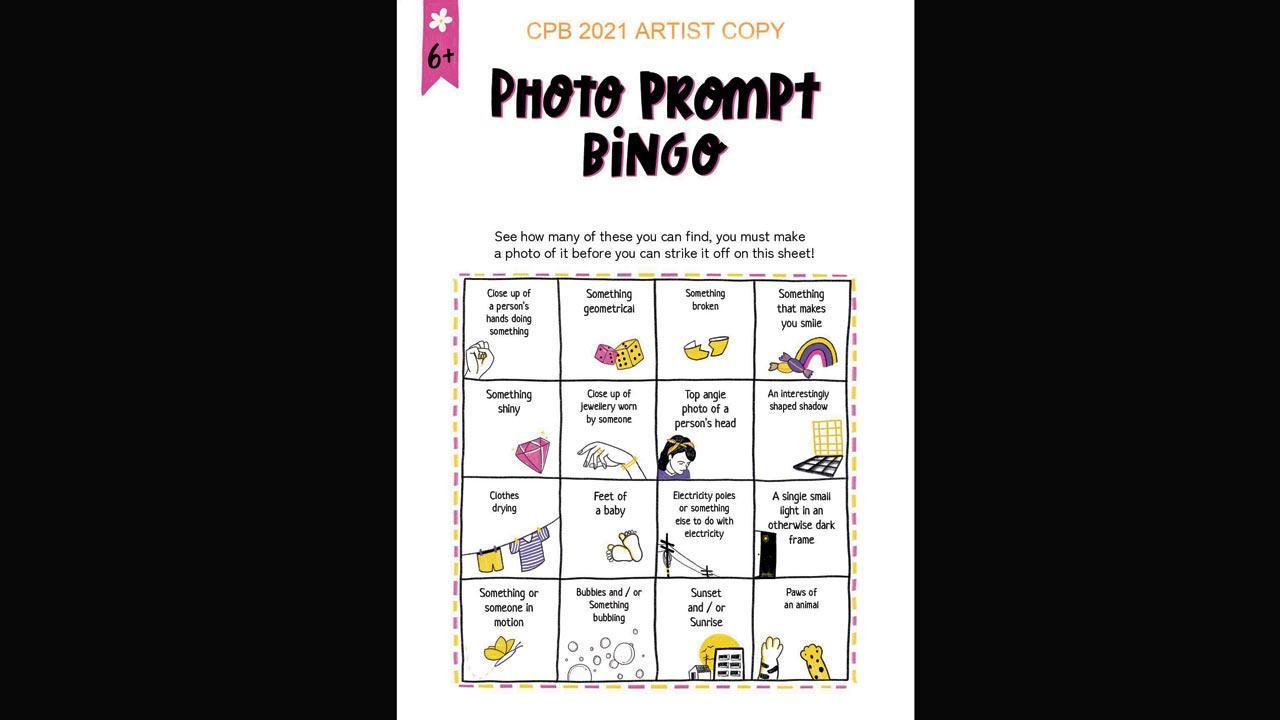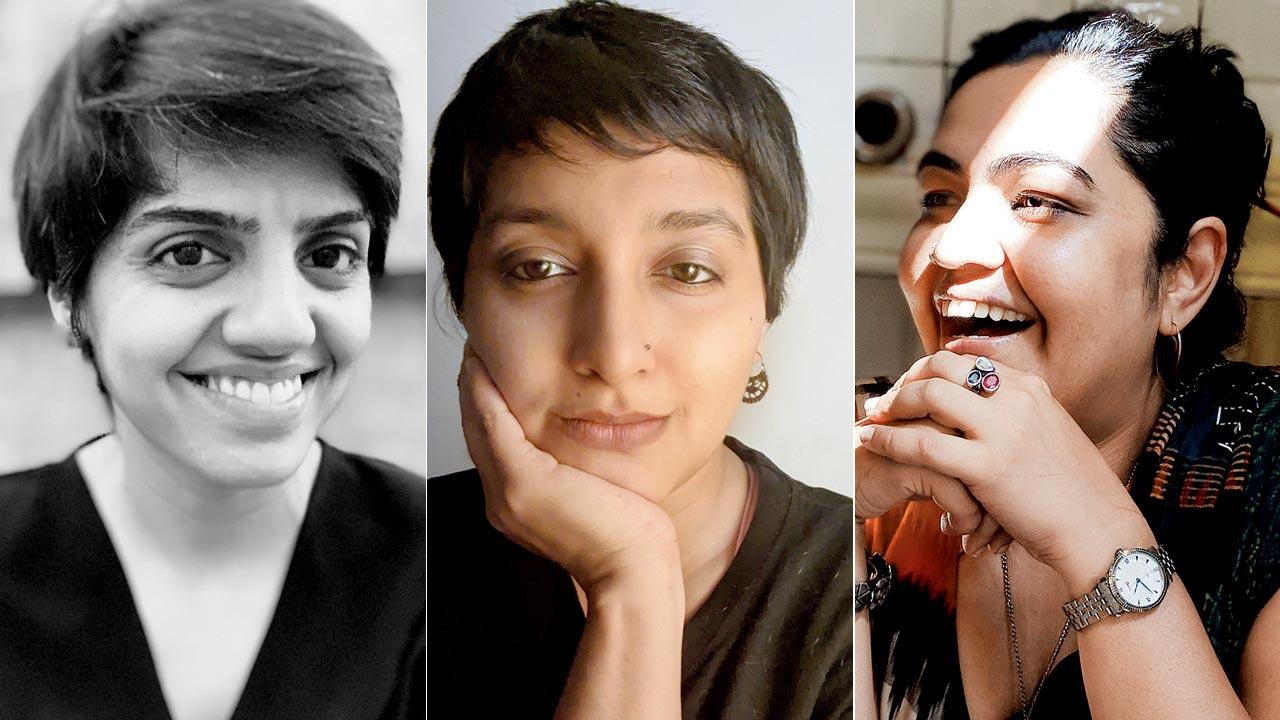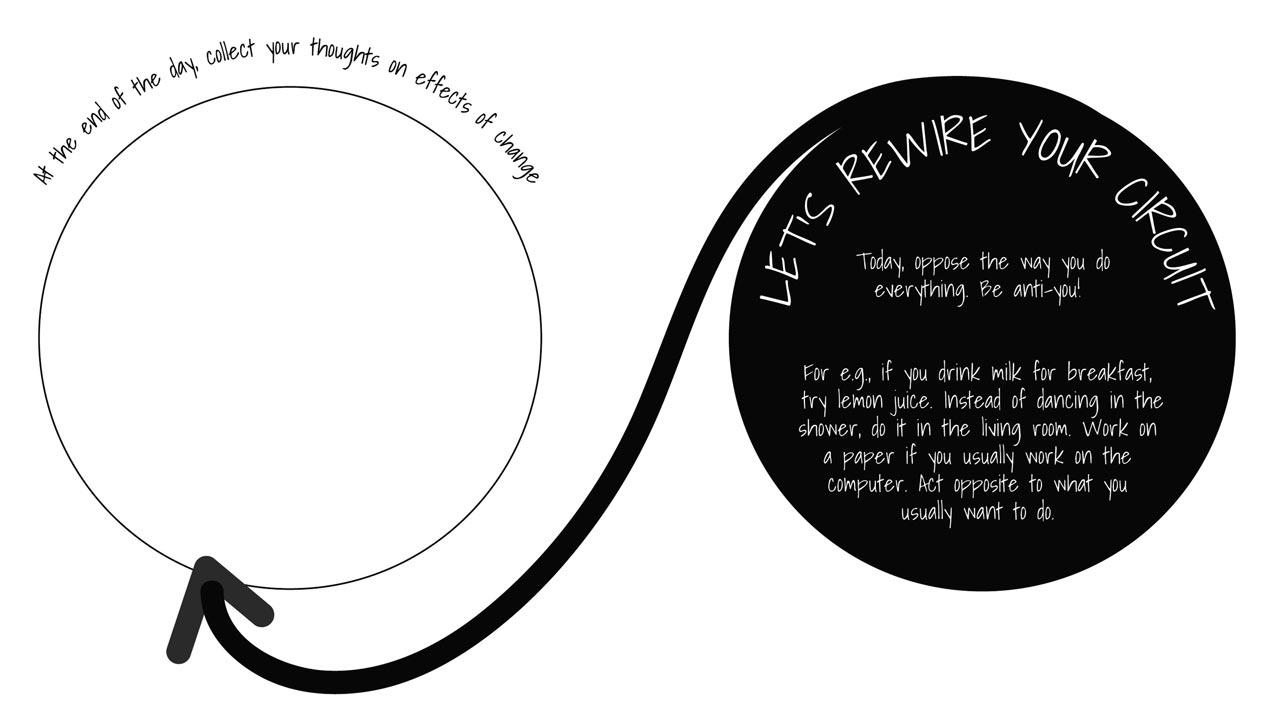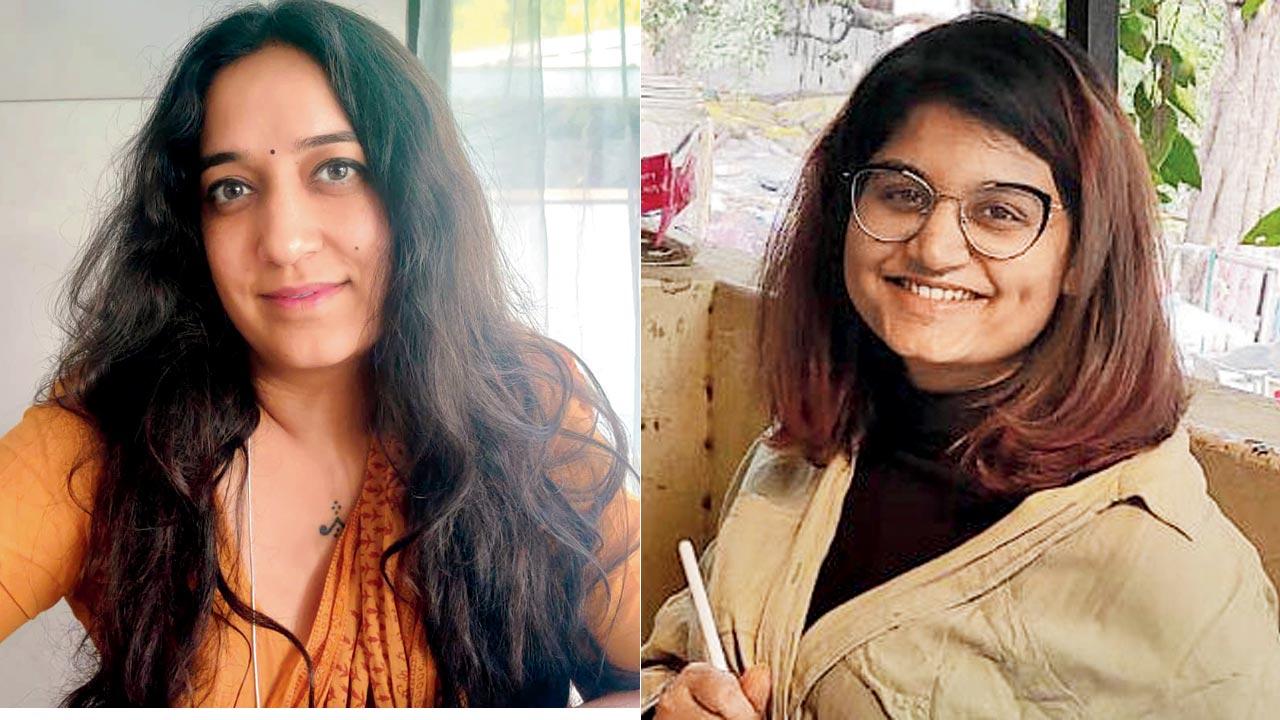Two new journals, one for children and the other for adults, guide readers to understand themselves as part of the world

Design and illustration by Neehapriya P and Anushka Shristi Khalkho
Under the magnifying glass
ADVERTISEMENT
Peer, Ponder, Play is an exploratory book that guides children from age three and young adults on a journey of observation as the key to understanding the world. A collaboration between Sphere Art Education and Chennai Photo Biennale’s (CPB) initiative CPB Prism, the book moves at a gentle pace, nudging young users with fun and peculiar activities to steadily open their minds to wider ideas. Such activities include Waste Vihar that asks children to build their dream city using waste material, or Who Nose?! where one must seek descriptions of noses. Gayatri Nair, director of education, CPB Foundation explains, that the fairly simple activities are layered with higher ideas such as questions around the imagined city’s green cover, space for stray animals, and water bodies. Unlike an activity book completed within a day, these questions are designed to allow different responses as children go about introspecting the world.
 Gayatri Nair; Sananda Mukhopadhyaya and Shruti Sridharan
Gayatri Nair; Sananda Mukhopadhyaya and Shruti Sridharan
Shruti Sridharan, co-founder, Sphere Arts Education, shares, “As you grow older, these questions land differently in your mind. [With Who Nose?!] you wonder ‘Why am I critical about certain body parts or what do I think about beauty?’’ The book introduces artists and their work from CPB’s third edition, Maps of Disquiet, teaching art appreciation as a vehicle for expression and critical thinking. Sananda Mukhopadhyaya, co-founder, Sphere Arts Education, speaks about accessibility, sharing that museum and gallery spaces might seem unfamiliar to children. The book addresses this barrier by making art and its exploration an extension of the child’s world.
Log on to shop.chennaiphotobiennale.com
Cost Rs 500 (available in English, Hindi and Tamil)
Scribble and uncover
 Art and design by Kinjal Shah
Art and design by Kinjal Shah
The Conflict Journal aims to enable readers to recognise, acknowledge and analyse conflict in themselves and the world as the first step to resolve it. The approach is simple — start small. With each page, the reader is taken along with simple activities to help tackle large and often overwhelming questions of interpersonal relationships, privilege, identity, politics, emotions and more. Kinjal Shah, visual designer and illustrator, says, “For so many of us, it is intimidating and exhausting to approach these larger questions, which is why it is important to explore them with playful nudges, and make visual connections with a pencil or a crayon.”

Avni Sethi and Kinjal Shah
The journal stemmed from the idea of carrying the experience of a visit to Conflictorium in Ahmedabad back home to continue to engage with the exercise of self-reflection through art. Artistic director Avni Sethi explains, “The nudge was also carefully designed to make an inquiry into the ‘I am not political’ adage that’s rampant around us. It illustrates that being apolitical is a choice that emanates from privilege, and that democracies are weakened by apolitical citizens and strengthened by criticality.”
Log on to conflictorium.org
Cost Rs 700
 Subscribe today by clicking the link and stay updated with the latest news!" Click here!
Subscribe today by clicking the link and stay updated with the latest news!" Click here!







